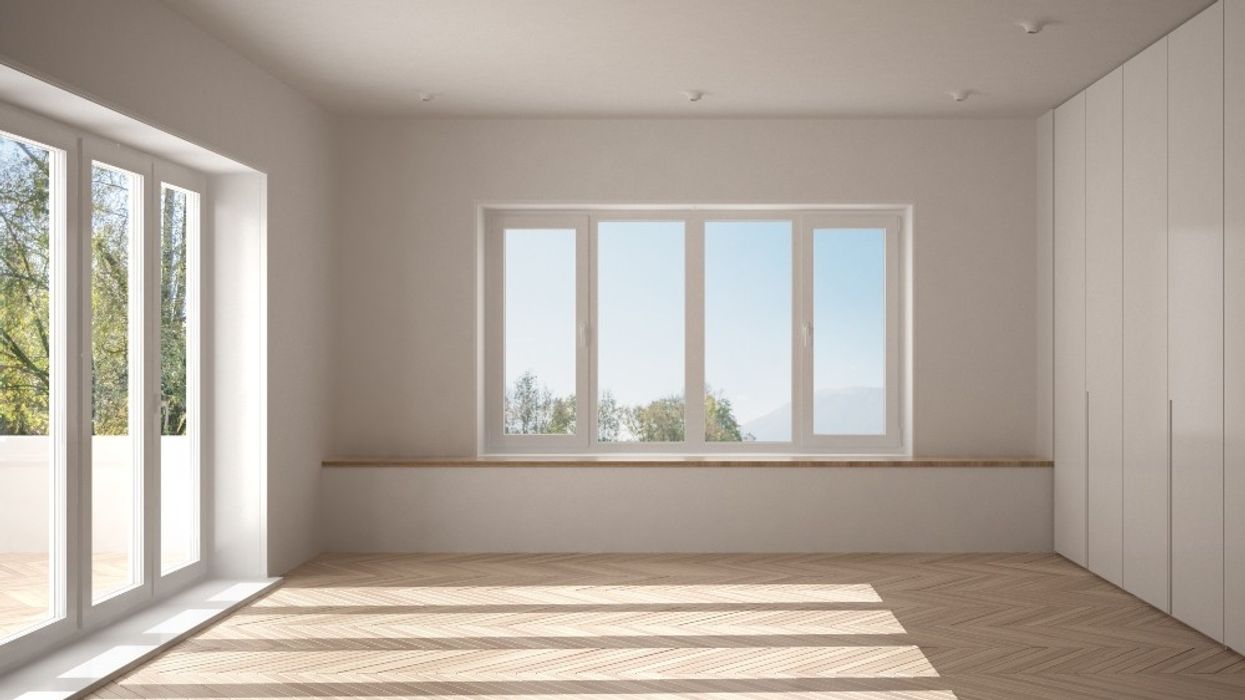Two women who own residential properties in the City of Vancouver are together issuing a strong challenge against the City's Empty Homes Tax, in the form of a civil suit filed in the Supreme Court of British Columbia.
The suit was brought forward by Li (Lucy) Dan and Danice Macleod on July 28, seeking a declaration that the City of Vancouver Vacancy Tax By-law -- colloquially referred to as the Empty Homes Tax -- is "unreasonable and invalid." They are also requesting an order that would quash the Vacancy Tax By-law altogether.
According to a petition to the court obtained by STOREYS, Lucy Dan owns multiple residential properties in Vancouver and China and earns an income by renting those properties out. In August 2020, she agreed to purchase a property at 2250 SW Marine Drive for $3.5M. When Dan became the registered owner of the property in January 2021, there was no home or other building on the property, because the previously existing home was damaged in a fire around 2018 and was subsequently demolished.
"Ms. Dan planned to build a home on it either for her or her family to live in or rent out," the petition says. " However, she soon learned that it would be prohibitively expensive to do so."
So, she listed the property for sale in January 2022, however, no buyer was found and 2250 SW Marine Drive remains on the market today, with an asking price of $4,680,000.
Despite the property having no home on it, Dan was required to pay $113K in the 2022 reference year as a result of the Empty Homes Tax, which the City applies to properties that have been unoccupied for more than six months during the calendar tax year.
Dan's argument is that she was not able to live on the property, or rent it out, and that the Empty Homes Tax was "imposed without any empty home in existence," which Dan believes to be "unfair and unreasonable" and "not consistent with the stated purposes of the By-law" -- to "return empty or under-utilized properties to use as long-term rental homes," according to the City.
Danice Macleod, the other petitioner, has owned a home at 2842 West 34th Avenue for almost 50 years, as well as a leasehold property in Banff, which has been in her family since the 1950s. She routinely splits her time between the two properties, but cannot make the Vancouver property her principal residence due to "legal and practical considerations which require her to make Banff her principal residence," according to the petition.
"Ms. Macleod cannot afford to pay the Empty Homes Tax, and she feels she is too old to become a landlord. She has avoided the tax thus far by allowing friends or acquaintances to live in her home. However, these arrangements have caused, and are causing, her great stress. Ms. Macleod has been audited by the City for compliance with the By-law. She finds it very stressful to have the City breathing down her neck, with the threat of a severe tax and/or the loss of her cherished home looming. The By-law is causing Ms. Macleod such severe stress and worry that she feels it is ruining her life."
The Legal Challenge
Dan and Macleod's challenge to the Empty Homes Tax is that the Vacancy Tax By-law -- or, at least, a portion of it -- is invalid and therefore must be quashed. They have cited four overarching reasons:
- Council did not comply with the procedural requirements of the Vancouver Charter when enacting and amending the By-law;
- Council failed to comply with the common law duty of procedural fairness when enacting the original By-law and the rate increase By-laws;
- the Vacancy Tax By-law violates s.7 of the Charter of Rights; and
- the Vacancy Tax By-law is substantively unreasonable.
The Empty Homes Tax
This civil suit comes exactly one month after Council enacted its most recent amendment to the Vacancy Tax By-law on June 28, which abandoned a tax rate increase to 5% -- keeping it at 3% -- and created a new exemption for units in new developments before they are first sold.
This is also not the first time that the Empty Homes Tax has been the subject of a lawsuit.
In 2019, the owner of a mansion at 4749 Belmont Avenue with an assessed value of $26,789,000 (in 2018) won their lawsuit against the City after successfully proving that they had taken steps to redevelop the property, which the City continues to recognize as a valid exemption.
Since its creation in 2016, the Empty Homes Tax has been the subject of as many as five separate lawsuits. In December, the City said that there were approximately 36% fewer vacant homes in the City compared to when the tax came into effect in 2017. Revenue generated from the tax has totalled over $115M.
At the time of its creation, it was the first such tax in North America. Since then, others have followed suit, including Toronto, whose Vacant Home Tax came into effect earlier this year.





















